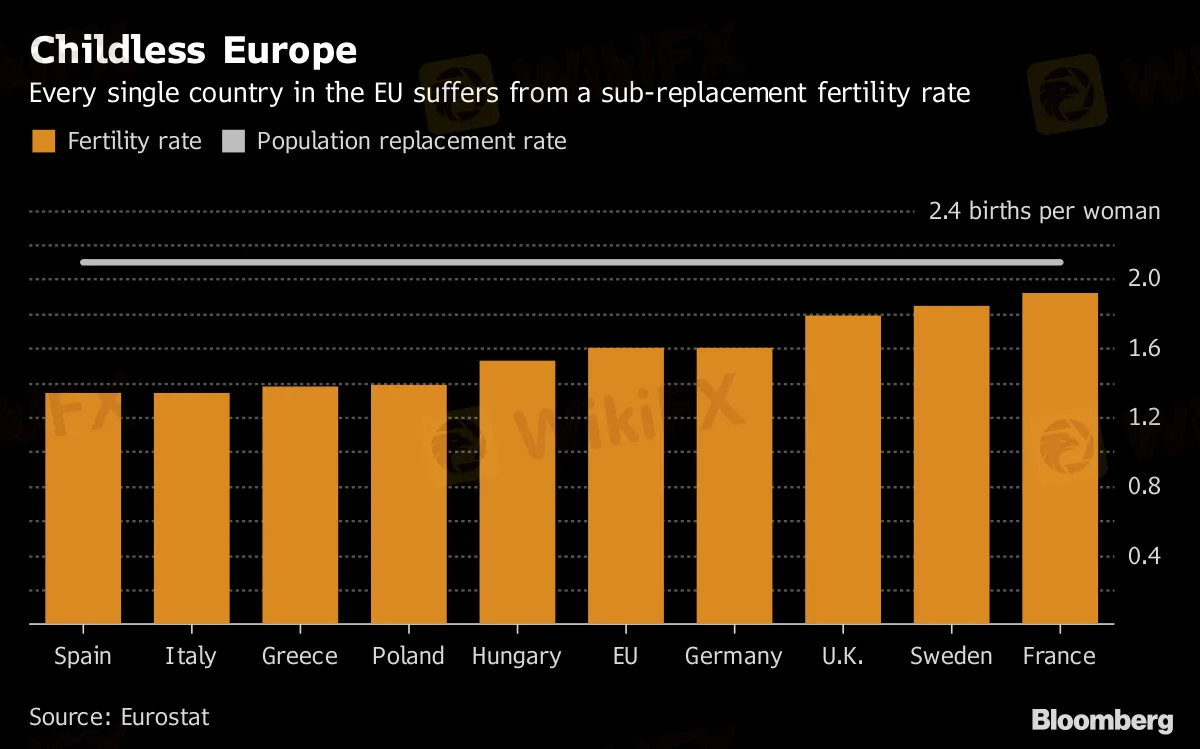简体中文
繁體中文
English
Pусский
日本語
ภาษาไทย
Tiếng Việt
Bahasa Indonesia
Español
हिन्दी
Filippiiniläinen
Français
Deutsch
Português
Türkçe
한국어
العربية
Hungary Unveils Subsidies as It Seeks to Raise Fertility Rate
Abstract:Hungary announced further measures to boost child births, including expanding subsidies for home purchases and providing handouts to families, as part of efforts to boost the nations fertility rate and counter slowing economic growth.
Children attend a class at a primary school in Szolnok, Hungary.
Hungary announced further measures to boost child births, including expanding subsidies for home purchases and providing handouts to families, as part of efforts to boost the nations fertility rate and counter slowing economic growth.
Speaking at a state-of-nation address on Sunday, Prime Minister Viktor Orban said he is seeking to maintain an annual economic expansion that‘s at least 2 percentage points faster than the European Union average. The premier said Hungary would continue to oppose any forms or immigration, and increasing fertility rate was key for the nation’s survival.
Unveiled measures include the expansion of subsidized mortgages for families with two or more children, as well as handouts for buying cars and favorable loans to newly-wed couples. Women with at least four children will be exempt from paying personal-income tax, while the government will also spend 700 billion forint ($2.49 billion) on healthcare investments.
Childless Europe
Every single country in the EU suffers from a sub-replacement fertility rate
Source: Eurostat

Hungary‘s government is looking to keep gross domestic product growth above 4 percent this year despite slowing global momentum and a deteriorating outlook for Germany’s economy, the nation‘s main trading partner. The nation’s central bank forecasts a slowdown to 3.5 percent from an estimated 4.7 percent in 2018.
In his speech, Orban reiterated calls to stem immigration, framing upcoming EU Parliament elections as a decision between forces promoting “mixed societies” and what he called those looking to save the continent‘s Christian heritage. In the eight years following Orban’s return to power, Hungarys population has fallen by 236,000 to 9.78 million, a bigger decline than in the previous decade, according to official data.
Disclaimer:
The views in this article only represent the author's personal views, and do not constitute investment advice on this platform. This platform does not guarantee the accuracy, completeness and timeliness of the information in the article, and will not be liable for any loss caused by the use of or reliance on the information in the article.
WikiFX Broker
Latest News
JUST Finance and UBX Launch Multi-Currency Stablecoin Exchange
XM Revamps Website with Sleek Design and App Focus
Global Shift in Cryptocurrency Taxation: Italy and Denmark Chart New Paths
Webull Introduces 24/5 Overnight Trading to Extend U.S. Market Access
TradingView & Mexico’s Uni. Partnership, to Enhance Financial Education
Something You Need to Know About SogoTrade
eToro Launches Global-Edge Smart Portfolio: A Balanced Approach to Growth and Stability
Darwinex advises traders to update MT4 & 5
Revolut X Expands Crypto Exchange Across Europe, Targeting Pro Traders
Broker Review: Is Exnova Legit?
Currency Calculator



